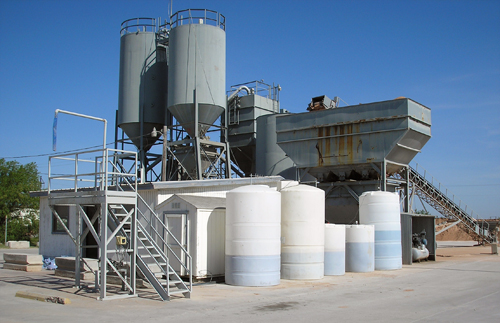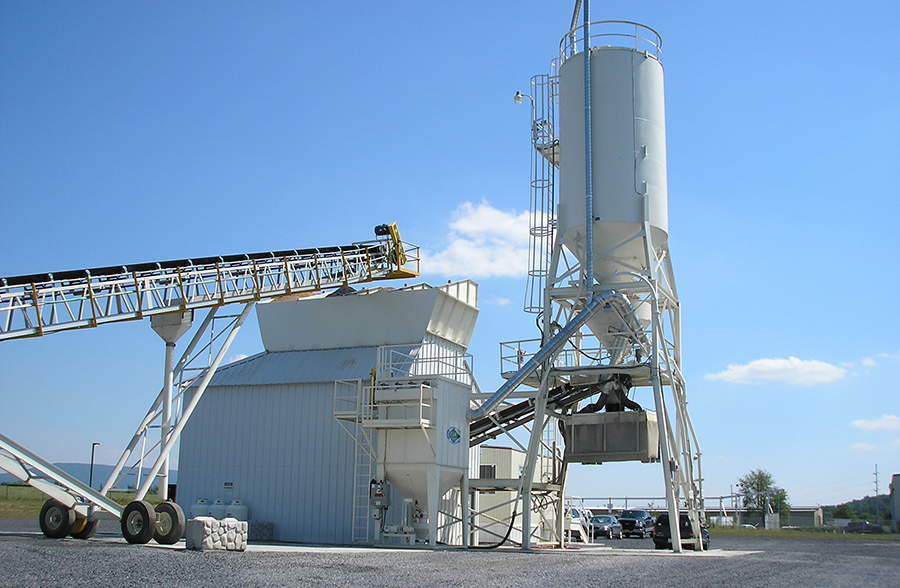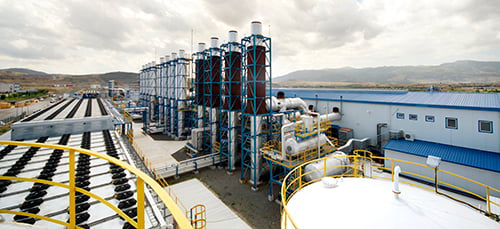Now that the SARA Tier II Reporting March 1st deadline has passed, it’s time to turn our attention to the upcoming TRI Reporting deadline of July 1st. If you don’t recall, Toxic Release Inventory Reporting, is required at any facility that exceeds the reporting thresholds (usually 25,000 pounds) of certain listed toxic chemicals during the past year that were processed, manufactured or otherwise used at that facility.
Whether you have done TRI Reporting or not in the past, here are 10 things you might do wrong this year.
- You’ll miss doing it altogether! If you are like many, you’ll think that since you’ve already done Tier II Reporting, you have TRI covered. Wrong! TRI and Tier II Reporting are for different materials, different thresholds, and different deadlines. Doing one does not cover you for the other.
- You don’t think it applies to you, and don’t bother looking into it. Since you’ve never heard of it, you won’t heed the call to look into the requirements, and see for yourself if you should be doing TRI Reporting. You certainly don’t think you have any toxic chemicals at your facility, and you haven’t bothered checking the USEPA List of Lists to see if in fact you do. You don’t bother doing an inventory of the volumes of material you processed, manufactured or otherwise used over the past year at your facility. You ignore it altogether. This is a really dangerous game.
- You conduct it on the same things you have in the past – only. You don’t bother re-evaluating your process and your use of chemicals that might require reporting. You ignore new chemicals you are using, and instead only repeat what’s been done in the past. In this case, your reporting will be incorrect and incomplete.
- You have NO idea what others in your industry are doing regarding it. You have no idea who might be reporting, or what they’re reporting for. You’re not following industry trends or industry guidance, and so you’re in the dark as to what others are doing. You won’t know what you’ll be judged against.
- It sounds expensive and we don’t have money for it. I hear this a lot with regards to environmental compliance issues. We can’t afford to do this, so we’re gonna hope we don’t get caught. If you’re worried about the cost of doing reporting, you should be terrified of the cost of getting caught not doing reporting. Six figure fines for failure to conduct reporting are not uncommon. Don’t believe me? Check out a press release on Gold Mines in Nevada paying the USEPA $618,000 for failure to conduct TRI Reporting for 6 years in a row. Or a steel pipe company that had to pay $717,324 for failure to conduct TRI Reporting for 3 years in a row at 7 locations. Or a dairy facility with a $52,000 fine. Or a rubber and plastic facility with an $80,000 fine. Or a cellular company with a $125,728 fine. I wish I was making this up. Still think doing reporting sounds expensive? The penalties can be very, very real, no matter what industry you're in.
 |
| Reporting can be triggered by toxic chemicals found in a variety of materials kept at any type of facility. |
- You don’t realize that “releases” is part of reporting. Reporting is a 2-step process. While the first step is to determine applicability and then report on the volumes at your plant, you fail to realize that the second step is to evaluate potential releases of toxic chemicals to the environment, such as air releases, wastewater discharges, etc. If you neglect to address releases, you aren’t doing reporting completely.
- You’re going to wait until the last minute to do it. Reporting is a bit challenging, even with the USEPA’s TRI-Me software. If you haven’t done it before or really aren’t an expert, waiting until the last minute can be a big mistake. Remember doing that term paper the night before it was due? That never worked out too well for me. Think that, but instead of a failing grade you could be risking an enormous fine from the USEPA. Get started – now!
- No one’s ever asked for my reporting records, so I’m not doing it. Since you simply don’t want to do it and no one’s asked you for it, you’ll ignore it again this year. Smart move, until the USEPA shows up at your door. Typically failure to report violations go back several years, so ignoring reporting can cost you a bundle in violations in the long run. The USEPA and your state are pretty serious about reporting, and if you should be doing it, someone will eventually knock on your door and wonder why you haven’t been doing it in the past. Which leads to our next mistake….
- You haven’t been doing it, and now you are too scared to do it. Won’t I raise a red flag? Won’t I be inviting trouble? Think of it like a toothache. You can ignore it - after all, won’t going to a dentist lead to a lot of pain and aggravation? But if you ignore it, it will only get worse. Better to deal with the situation now and get it done. There are ways to get going without risking raising a red flag on yourself (such as the USEPA Audit Policy, which we’ve used for many reasons in the past), so you really ought to be more scared of not doing it more than doing it.
- You don’t know where to turn, so you won’t bother. Another year of jeopardy piles up... It's complicated, so why not turn to an expert? Let someone who knows the ropes handle this for you, so you can sleep at night, be in compliance, and be secure in the knowledge that you won’t become an enforcement headline.
So there you have it. Are you reporting? If you’re not, figure out why. Some of you might not need to do it. But, if you need to do it, then do it. These are ten reasons you might screw up reporting this coming year, again. Why let another year go by being out of compliance and risking serious fines and enforcement action from the USEPA? Click here to contact RMA or give us a call anytime at 609-693-8301 for more information about reporting, and how we can help.



